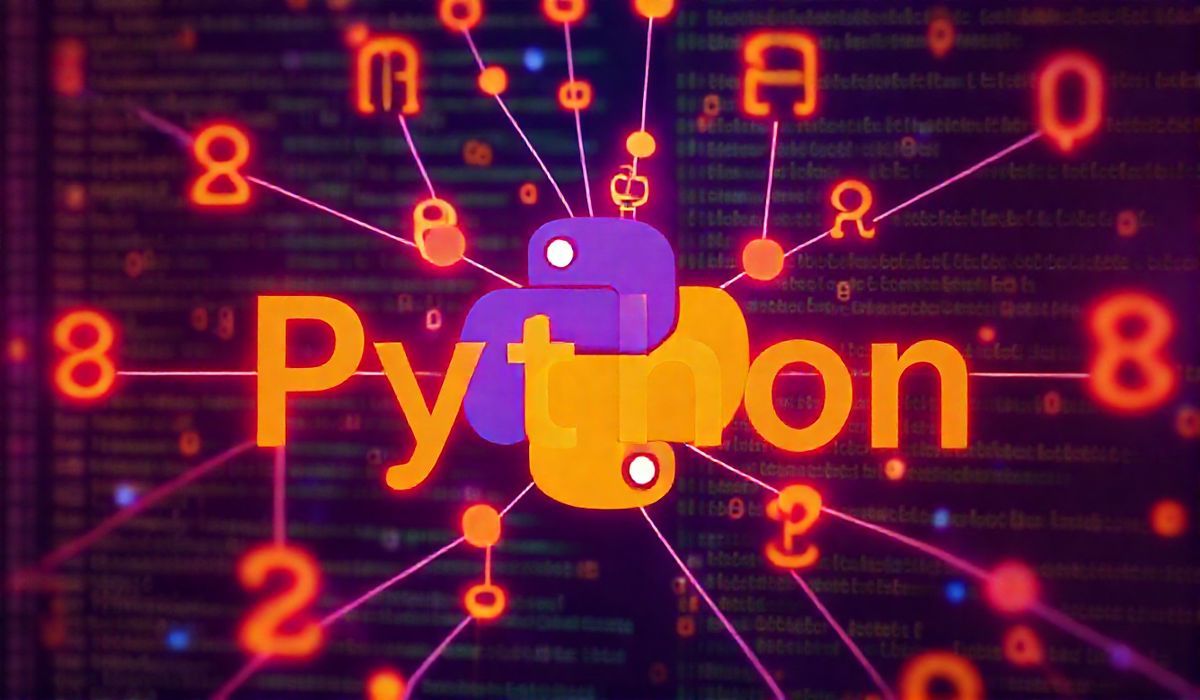Charset Normalizer: Your Go-To Tool for Encoding Detection and Conversion
When dealing with textual data in various encoding formats, ensuring compatibility and readability is crucial. Charset-Normalizer is a Python library designed to detect, validate, and normalize various character encodings in text data. Supporting a robust suite of utilities, it’s your one-stop solution for handling character encodings smartly and efficiently. Let’s explore what Charset-Normalizer has to offer with detailed APIs and a practical app example.
What is Charset-Normalizer?
Charset-Normalizer is a powerful Python library that enables automatic detection of character encodings. It can also normalize text to ensure uniformity, saving developers from common headaches associated with encoding mismatches. It operates as a universal encoding detangler and is an equivalent to the chardet library, but with a more modern and robust approach.
Why Use Charset-Normalizer?
- Automatic Encoding Detection: It identifies the encodings of text files or strings with high accuracy.
- Normalization: Converts text into a target encoding format.
- Ease of Use: Minimal setup with a clean and intuitive API.
Before You Start
Install the library using pip:
pip install charset-normalizer
Key API Functions
1. from_path
Process and analyze text encoding for a file.
from charset_normalizer import from_path
results = from_path('sample.txt')
for result in results:
print(result)
2. from_bytes
Analyze encoding from a byte string.
from charset_normalizer import from_bytes
byte_data = b'\xc3\xa9l\xc3\xa8ve'
results = from_bytes(byte_data)
for result in results:
print(result)
3. normalize
Normalize text into a target encoding.
from charset_normalizer import from_bytes byte_data = b'\xc3\xa9l\xc3\xa8ve' result = from_bytes(byte_data).best() print(result.output)
4. best
Retrieve the single best result after analyzing encodings.
from charset_normalizer import from_path
results = from_path('sample.txt')
best_guess = results.best()
print(best_guess)
Practical Application Example
Let’s create a simple application that reads a file, detects its encoding, and saves it in UTF-8.
from charset_normalizer import from_path
def convert_to_utf8(file_path, output_path):
results = from_path(file_path)
best_guess = results.best()
if best_guess:
with open(output_path, 'wb') as f:
f.write(best_guess.output)
print(f"File successfully converted to UTF-8: {output_path}")
else:
print("Unable to determine encoding.")
convert_to_utf8('sample.txt', 'output_utf8.txt')
Conclusion
Charset-Normalizer simplifies the way developers handle text encoding issues. Whether you are working with legacy data or international text files, this library provides a reliable solution. By incorporating robust APIs like from_path, from_bytes, and normalize, Charset-Normalizer ensures that your projects remain encoding agnostic for seamless integration and operation.
Start using Charset-Normalizer today and take control of your text data’s encoding!




